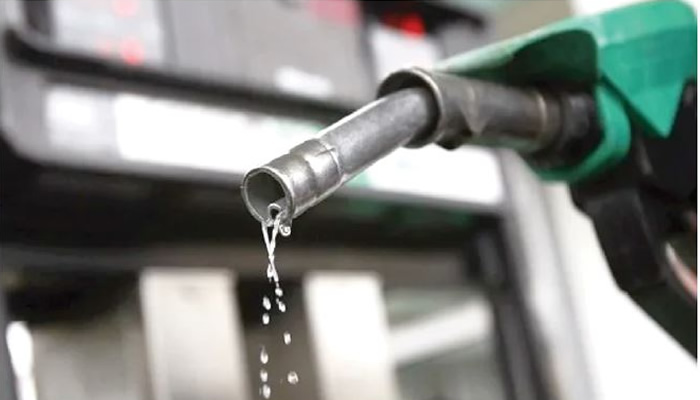Opinion
Hidden Struggles Behind Fuel Price Hike Saga
By Benjamin Abioye

The current fuel price hike in Nigeria has caused significant hardship for many people, beyond what is immediately visible. While it’s clear that fuel prices have risen sharply, the full extent of the damage goes deeper than what meets the eye.
Poverty and Vulnerability in Nigeria
Nigeria is a country where a staggering 43% of the population (around 89 million people) live below the poverty line, and another 25% (53 million) are at risk of falling into poverty. The constant increase in fuel prices has pushed many Nigerians into even more difficult situations.
According to the National Bureau of Statistics, the price of fuel has surged from N257.12 per litre in January 2023 to N668.30 in January 2024. In some states, people are now paying over N1,000 per litre, and fuel shortages in major cities have disrupted businesses significantly.
Rising Costs of Basic Necessities
This sharp increase in fuel prices has made food and basic necessities incredibly expensive. The prices of food items, which people depend on daily, have skyrocketed by more than 150%, making it hard for families to buy what they need. The economy now dictates what people can afford, leaving many struggling to cope.
Businesses Struggling to Survive
Not only have fuel prices affected the cost of goods and services, but they’ve also made it difficult for businesses to operate. Many hardworking Nigerians are finding it almost impossible to keep their businesses running, as they can’t keep up with the rising costs. Sellers and buyers are both facing daily frustrations, as prices keep changing unpredictably, leading to tensions and confusion.
Ineffective Price Control Measures
Efforts by the Federal Competition and Consumer Protection Commission (FCCPC) to control prices by giving traders a one-month deadline in August have proven ineffective. As long as fuel prices remain high, the prices of goods will continue to soar.
Impact on Education
Parents and school owners are also feeling the strain. One parent in Ibadan shared that he is now paying triple the amount for school transport and is considering public schools as an alternative. However, even public schools pose a challenge due to transportation costs, leaving him unsure of what to do. Not only that, in some states, resumption dates have been postponed due to the effects of the current fuel prices.
Rent Hikes Causing Tenant Distress
The impact of fuel price hikes has also led to increases in rent, leaving many tenants in difficult situations. One tenant tearfully recounted how his rent went from N70,000 to N120,000, a price he cannot afford. Moving to a cheaper location would only increase his transportation costs, putting him in a tough spot.
A Tragic Case of Despair
Tragically, in April 2024, a man in his 30s, known as Baale or Radical, took his own life after being unable to pay his rent, which had increased from N35,000 to N60,000. His family was left devastated by his death.
Abandoning City Life
As a result of these struggles, some people are considering moving back to their hometowns, where they hope to find relief by living off the land and leaving behind the high costs of city life.
The Call for Subsidy Reinstatement
Despite an increase in the minimum wage, the overall situation has not improved for many, as prices for everything remain high. Many Nigerians are now calling for the government to reinstate the fuel subsidy in hopes of bringing down prices and making life more affordable again. Only then, they argue, will efforts by agencies like the FCCPC be effective in stabilizing the economy and bringing about real change.
Conclusion
The fuel price hike in Nigeria has led to widespread suffering, affecting nearly every aspect of life, from daily essentials and education to housing and employment. The consequences are far-reaching, and while efforts have been made to mitigate the impact, the situation remains critical. Many Nigerians are calling for the return of the fuel subsidy as a potential solution to ease the burden and stabilize prices. Until meaningful change is made, the ripple effects of the fuel price crisis will continue to strain the lives of millions, pushing some to the brink of despair and forcing others to reconsider their futures in the cities they once hoped to thrive in.
Send Us A Press Statement Advertise With Us Contact
And For More Nigerian News Visit GWG.NG